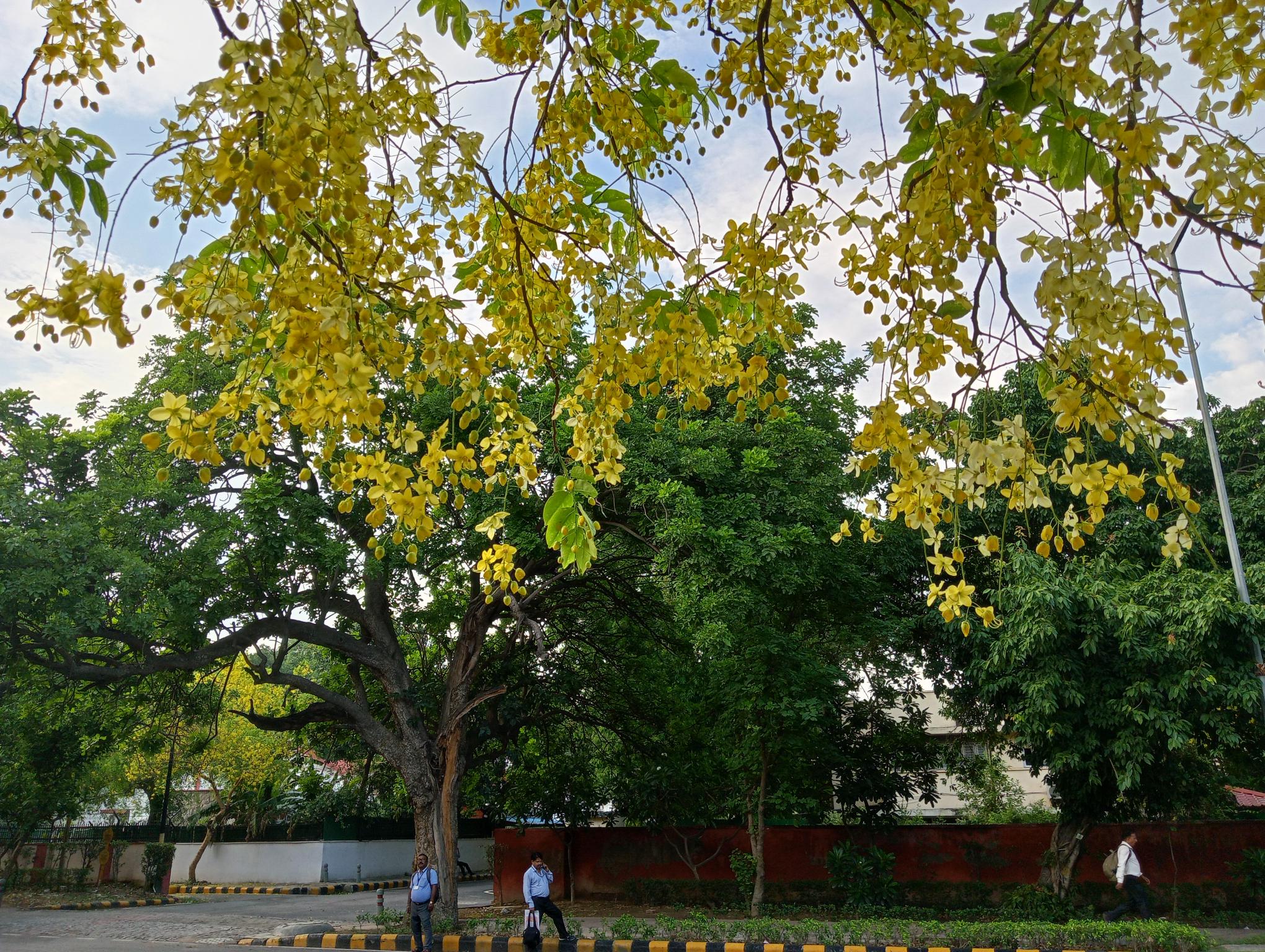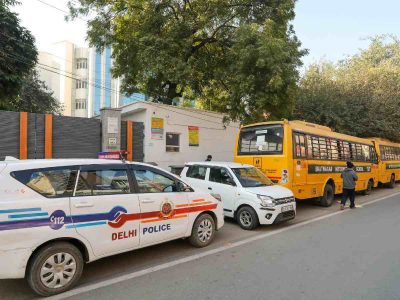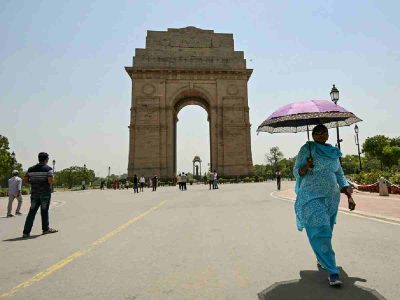Delhi has entered the “Race to Resilience”, a UN-backed initiative aiming to significantly enhance global efforts for climate resilience. Their commitments, unveiled during an event at Climate Week NYC, focus on both bolstering climate resilience and promoting sustainable development.
These commitments involve investments in circular economy practices to reduce and repurpose waste, as well as investments in decentralized renewable energy sources to ensure access to clean and sustainable energy.
As part of their participation, Delhi’s government has also pledged to increase green spaces and tree planting, with the goal of achieving a 25 percent green cover within the next five years. Currently, Delhi’s green cover stands at 23.06 percent, according to the India State of Forest Report.
The government has outlined initiatives like the Delhi City of Lakes project, which will rejuvenate water bodies, improve water quality, and reduce flooding.
Delhi faces extreme heat, making it one of India’s hottest cities and particularly vulnerable to heatwaves due to its large population and a significant concentration of lower-income groups. These heatwaves are intensifying due to climate change, posing risks to local productivity and vulnerable populations.
According to Delhi’s draft action plan on climate change, the city is projected to incur losses of Rs 2.75 lakh crore by 2050 due to climate change impacts, including changes in precipitation and temperature patterns.
Delhi’s commitment also extends to sustainable cooling and heat resilience strategies, with a focus on marginalised communities, especially those living in substandard homes that trap heat.
The city is also aspiring to become a leader in rooftop solar generation through the Delhi Solar Policy, with the goal of meeting 10 percent of Delhi’s annual energy demand through rooftop solar plants, potentially creating 40,000 new jobs.
Additionally, Delhi has previously launched an electric vehicle (EV) policy to improve air quality, aiming for EVs to constitute 25 percent of new vehicle registrations by 2024.
The government’s existing policies demonstrate a dedication to enhancing urban infrastructure, environmental sustainability, and resilience in the face of climate change challenges.
UN Climate Change High-Level Champion for COP28, Razan Al Mubarak, praised Delhi’s ambitions and pragmatic approach, highlighting their use of clean energy through residential rooftop solar plants and advancements in local air pollution monitoring technology.
Mahmoud Mohieldin, UN Climate Change High-Level Champion for COP27, also commended Delhi for joining the campaign and aligning with the Sharm El-Sheikh Adaptation Agenda, emphasising that Delhi’s actions exemplify holistic, inclusive, and affordable climate solutions for investors and the community. (With inputs from PTI)





